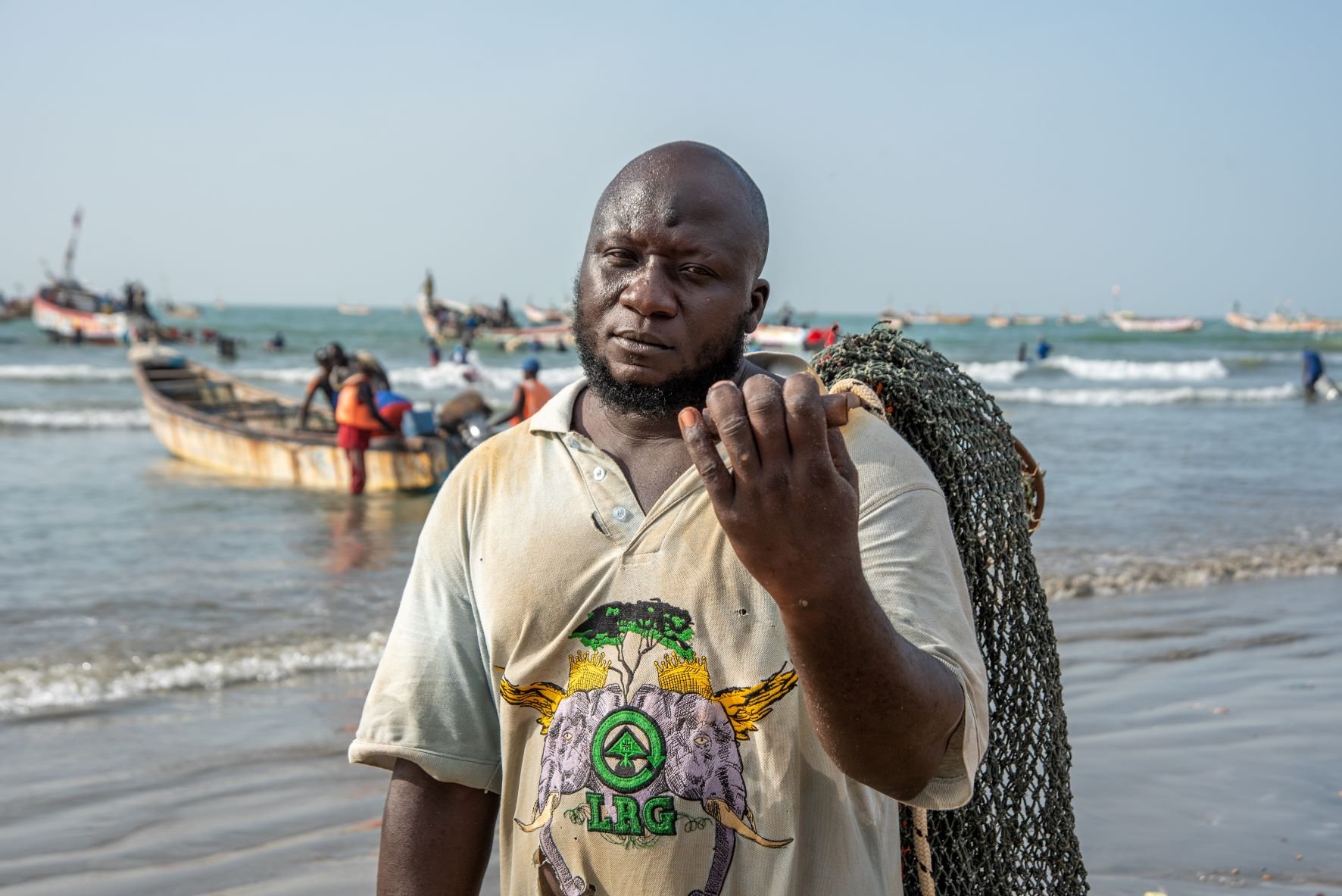
Rules of Conduct
How to work with us…
“Never undermine our rights”
“Nothing about us without us”
“We have a right to our own voice”
“Working with us also means funding us”
The Rules of Conduct are a set of guidelines addressed at organisations and partners that wish to work with small-scale fishers in the context of marine and coastal conservation.
We expect that partners will voluntarily adopt and agree to these rules, as well as the Call to Action, through a public statement and thereafter abide by them so we can work together in true partnership to save our ocean and our communities.
DOWNLOAD THE RULES (available languages)
-

1. Strengthen and support our demands to access markets and marine resources
We, men, women and youth, in small-scale fisheries, are the primary ocean and coastal stakeholders. We have been guardians of the sea for millennia. Our rights, inclusive forms of governance and shared and truly participative decision-making must be respected, including those of Indigenous Peoples and Local Communities.
-

2. Guarantee our genuine participation in decisions that concern us
We demand the right for our communities to be informed about and to genuinely participate in the decisions that affect our lives and livelihoods, and the health of the oceans, coasts and aquatic environment which are the source of your and our food. Our communities are diverse and spread across the world, while we may share common overall needs and demands, it is essential that we select our own representatives, locally, regionally and globally.
-

3. Strengthen and amplify but never appropriate our messages
Too often, others that are not fishers have spoken on our behalf, or manipulated our messages to their advantages. We do not need anyone, decision-makers, donors, or NGOs, to speak for us or to “open a space” for us. We no longer want anyone to speak for us.
We are here and our voice is strong.
-

4. Ensure funding reaches where it is really needed
Nobody has more at stake than us in achieving our mutual aims. A good partnership is built on a long-term relationship founded on mutual trust and transparency regarding their different interests.
True partners will ensure that we are fully supported to be equal partners and that our own organizations are empowered and funded proportionately to our work and the issues at stake. Too often funding and resources raised in our name do not reach us in any meaningful proportion, and we have little say in how these resources are used.
Partnerships should be based on respect for our way of life and culture as small-scale fishers and food producers, guided by the principles enshrined in the globally agreed Voluntary Guidelines to Secure Small-Scale Fisheries (VGSSF).
These include human rights and dignity, social justice, respect for our cultures and traditions, non-discrimination, gender equality and equity, equity and equality, transparency and accountability, consultation and participation, rule of law, economic, social and environmental sustainability, applied through holistic and integrated approaches.



